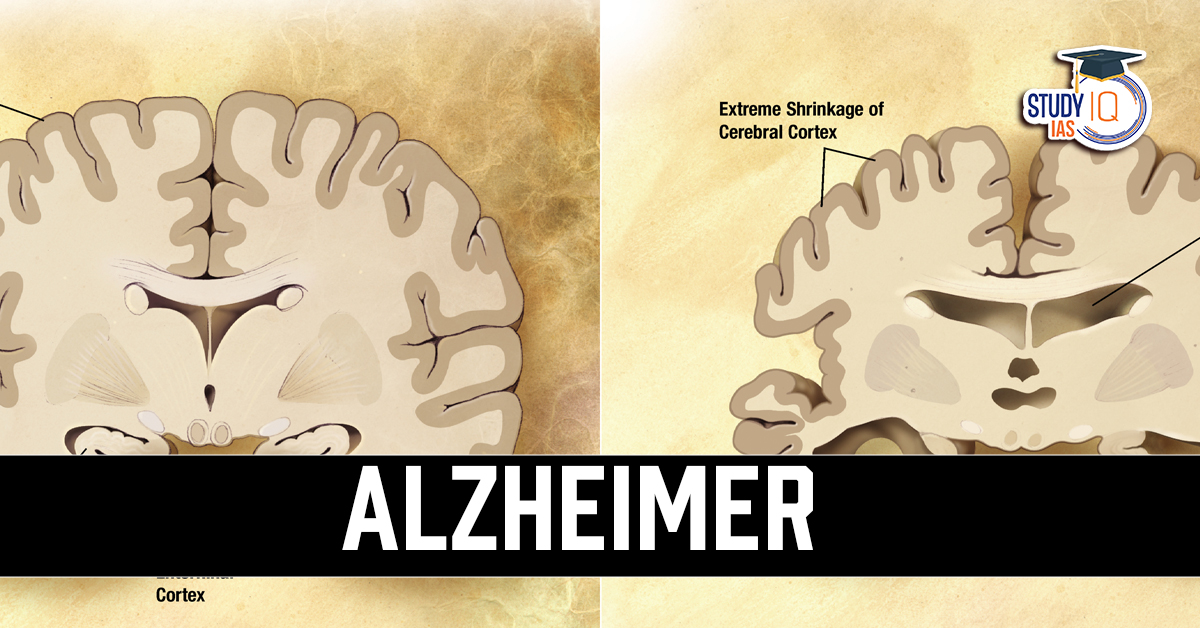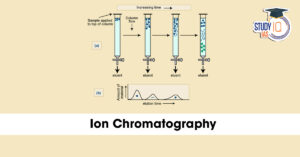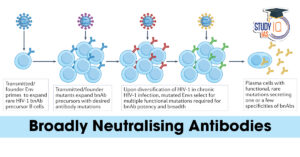Table of Contents
Context: A rare gene variant that delays the onset of Alzheimer’s disease has been identified, making headlines for its ability to curb brain inflammation, a key factor in neurodegenerative disorders.
| About the Gene Variant – APOE3-R136S |
|
What is Alzheimer Disease?
Alzheimer’s is a progressive neurodegenerative disease that gradually eliminates memory and cognitive function and, ultimately, the capacity to perform the most basic tasks. It is the leading reason for dementia among seniors. Although it mostly occurs in people over age 65, a small number can have early-onset Alzheimer’s at age 30, 40, or 50.
- Alzheimer’s Disease is a progressive neurodegenerative disorder affecting memory, thinking, and reasoning.
- It is the most common cause of dementia, responsible for 60–80% of all cases worldwide.
- Leads to the disruption of communication between brain cells, resulting in a decline in cognitive and daily functioning abilities.
Key Characteristics and Causes
- Brain Changes: Alzheimer’s involves the buildup of two brain proteins in abnormal ways:
- Amyloid-beta: Creates plaques, which are clumps of sticky protein that accumulate between brain cells.
- Tau: Creates tangles, twisted threads that accumulate within brain cells.
These changes are believed to start years before symptoms show up, causing the slow death of brain cells and their connections.
- Neurotransmitter Imbalance: There is also a loss of chemical messengers (neurotransmitters), specifically acetylcholine, which play a vital role in communication among brain cells.
Risk Factors
- Age: The highest known risk factor; risk doubles every 5 years past age 65.
- Genetics: Although the majority of cases are not inherited directly, there are some variations in genes (such as APOE ε4) that increase risk. Very infrequent genetic mutations (in APP, PSEN1, or PSEN2 genes) result in early-onset Alzheimer’s.
- Family History: Risk is increased when one has a close relative with Alzheimer’s.
- Head Injuries: Severe head injuries can increase the risk.
- Cardiovascular Health: Conditions such as high blood pressure, high cholesterol, diabetes, obesity, smoking, and lack of exercise are associated with increased risk.
- Other Factors: Hearing loss, depression, social isolation, and lack of mental challenge are also being researched as potential risk factors.
Symptoms and Stages:
Alzheimer’s disease goes through various stages, and symptoms become increasingly worse over time.
- Preclinical Stage: Brain alterations start years, even decades, earlier than any apparent symptoms.
- Mild Cognitive Impairment (MCI) due to Alzheimer’s: Individuals experience more problems with memory than would be expected for their age, yet can still manage daily tasks. Not all individuals with MCI will develop Alzheimer’s. Symptoms can include:
- Forgetting about recent conversations or events
- Frequently losing things and having trouble finding them
- Having difficulty finding words
- Difficulty with planning or organisation
- Mild (Early-Stage) Alzheimer’s Disease: Memory and other cognitive problems worsen and begin to interfere with daily activities.
- Repeating questions or stories
- Difficulty managing money and paying bills
- Wandering and getting lost
- Changes in personality and mood (e.g., anxiety, aggression)
- More time is needed to perform routine tasks
- Moderate (Middle-Stage) Alzheimer’s Disease: Brain damage takes place in regions of the brain governing language, reasoning, processing of sensory information, and conscious thought. This tends to be the longest phase.
- Heightened confusion and disorientation
- Difficulty identifying family and friends
- Inability to learn new information
- Trouble reading, writing, and doing math
- Decreased attention span
- Disruptions in sleep patterns
- Trouble with tasks requiring a series of steps (e.g., dressing)
- Hallucinations, delusions, paranoia
- Ritualistic or repetitive behaviour
- Severe (Late-Stage) Alzheimer’s Disease: Extensive memory loss and mental impairment. The individual is totally reliant on others for care.
- Inability to express themselves
- No recognition of recent experiences or environment
- Trouble swallowing
- Loss of physical skills (walking, sitting)
- Loss of bladder and bowel control
- Greater risk of infections (e.g., aspiration pneumonia, a leading cause of death)
- Inability to express themselves
Diagnosis
The diagnosis of Alzheimer’s requires a thorough evaluation to exclude other reasons for memory impairment. This can include:
- Medical History and Physical Exam: A set of medical questions regarding symptoms, overall health, medications, and lifestyle.
- Cognitive and Neuropsychological Tests: To evaluate memory, thinking, problem-solving, language, and attention.
- Interviews with Family/Friends: To capture changes in behaviour and cognitive functions over time.
- Blood and Urine Tests: To exclude other conditions (e.g., thyroid disorders, vitamin deficiencies, infections).
- Brain Imaging (CT, MRI, PET scans): To exclude other causes such as strokes or tumours, and to determine typical brain atrophy or protein deposition.
- Cerebrospinal Fluid (CSF) Tests: Quantification of amyloid and tau proteins in CSF may be used to confirm an Alzheimer’s diagnosis, but is not always required.
- Blood Tests: More recent blood tests for amyloid-beta levels are being developed to assist in earlier diagnosis, although their general availability and use for diagnosis are still developing.
Treatment
No cure exists for Alzheimer’s disease, but medications can help alleviate symptoms and, in some instances, slow the progression of cognitive deterioration.
- Cholinesterase Inhibitors (such as donepezil, galantamine, rivastigmine): Raise the levels of acetylcholine, a neurotransmitter that is low in Alzheimer’s brains. Used to treat mild to moderate Alzheimer’s.
- Memantine (Namenda): Acts differently by preventing the action of too much glutamate. Used for severe to moderate Alzheimer’s, but sometimes added to cholinesterase inhibitors.
Disease-Modifying Therapies (Newer Medicines):
- Lecanemab (Leqembi) and Donanemab (Kisunla): They are monoclonal antibodies that target and take out amyloid plaques from the brain. They are licensed for individuals with early Alzheimer’s disease or mild cognitive impairment because of Alzheimer’s, as they can slow the advancement of the disease rather than reverse it.
Management of Behavioural and Psychological Symptoms of Dementia (BPSD): This may include non-pharmacologic interventions (e.g., cognitive stimulation therapy, cognitive rehabilitation, work using reminiscence) and, on occasion, drugs such as antipsychotics in cases of severe agitation or aggression, used with care because of side effects.
Lifestyle and Supportive Care: A healthy lifestyle (nutrition, physical activity), social interaction, mental activity, and supportive environment are important for disease management and enhanced quality of life for the individual with Alzheimer’s andthe caregiver.
What is Early-Onset Alzheimer’s Disease (EOAD)?
- Most Alzheimer’s cases occur in people aged 65 or older.
- However, 5–10% of cases occur earlier, known as Early-Onset Alzheimer’s Disease.
- EOAD typically:
- Progresses more rapidly.
- Affects individuals in their prime working years.
- Has a strong genetic link.


 Advanced Air Defence Radars: Types, Comp...
Advanced Air Defence Radars: Types, Comp...
 Ion Chromatography, Working and Applicat...
Ion Chromatography, Working and Applicat...
 Broadly Neutralising Antibodies (bNAbs):...
Broadly Neutralising Antibodies (bNAbs):...

























